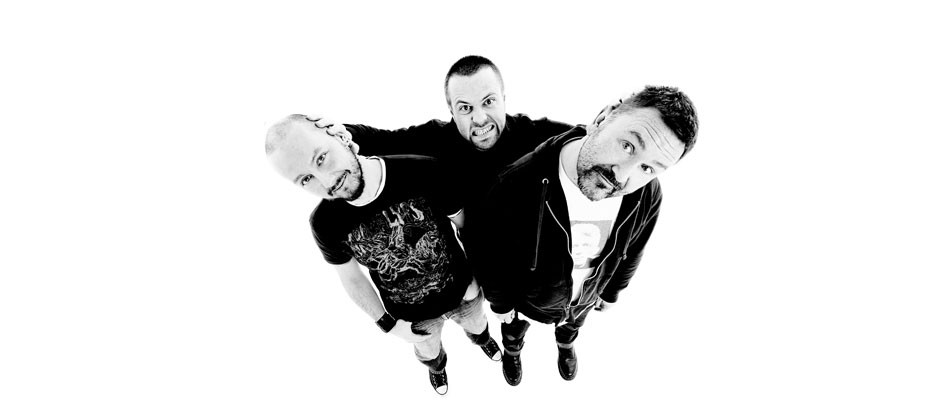As part of two major labels at the peak of their commercial powers in the mid-nineties, Therapy? experienced all that that side of the music industry had to offer, but have spent the last decade releasing their work on a series of well respected indie labels. Have they found one system to be better than the other? “Not really, I think that’s just the way the path has gone. I think the music industry, for bands on majors now, is very different even from when we were on a major. We’ve got friends who are in bands on major labels and they might as well be on indies from a budgetary point of view anyway. Major labels do tend to have a habit of interfering artistically, or they can do. When we started the band, we always did our own thing though, we released our own singles and things like that, always toured off our own bat. Then we signed to an indie, then a major, then we signed to another major and then we were signed to a couple of indie labels. It worked out well for us. Like, if a major is behind you there’s a lot of benefits, you can get your music across to a lot of people, but then you can be on a major and get totally shafted and you end up in this weird kind of limbo. We’ve always been lucky in that no one messed around with the creative side of things. All those little instances that happened back then, either as a result of naivete or us thinking, let’s try this and see what happens, you kind of learn from those and that’s made us quite independent and we’re very protective of the music and what we do.”
So after entering their third decade as a band, how does a group like Therapy? find the will to keep going forward? “There’s always something new that we throw into the pot with every record and there’s a progression there, I feel. From a labels point of view, I suppose, you don’t want a band that are too experimental, who are going to change wholesale from album to album. At the same time, you don’t want a band who just make the same album over and over again because it just become a case of ever-decreasing circles, artistically. We’ve been lucky in that most labels have recognized that we don’t need someone to come in and write our songs, we don’t need a producer to come in and rip all the songs apart, we don’t need everything to be remixed to sound good on radio. We’ve got a good ear and normally a good concept of what we want when we go into the studio and I like that. Having said that, it’s good to be on a major, it’s good to be on an indie, it’s fun to play clubs and it’s great to play festivals in front of a hundred thousand people. Variety, I think, is the key. If someone said, you’ll play huge stadiums for the rest of your life, I think a year into it, it would be totally soul-destroying and sort of like deja vu. Just as if someone told you you’ll play in pubs to 15 people for the rest of your life, which would probably be suitably soul-destroying. I think it’s about different challenges and that’s what keeps you on your toes. You see it all the time, so many bands who have that glazed, auto-pilot look and they’re hacking through their set because there’s no real highs or lows anymore. You need the lows to appreciate the highs and vise versa.”
With a long time learning tough lessons behind them, what kind of advice would McKeegan have for someone who finds themselves in the position Therapy? were in all those years ago? How does a band make the system work for them? “I wouldn’t really know, I’m not really the man to ask. It works for certain bands, there’s other bands it’s just not going to work for. We’ve always said from day one, the only advice we give to other bands is just, do your thing because it’s your face in the pictures, it’s your name on the records and it’s you up there on stage playing those songs. If you’re not into what you’re doing or the style of music, it’s going to be very frustrating. In our experience, you’re going to end up in the middle of nowhere, playing a gig in the cold, everyone will be getting on everyone’s nerves, and you’ll have to get on stage and play songs you don’t like. At least if you’re really into what you’re doing, you can go out and hold your head high and deliver that with passion. I think that’s what we’ve always tried to do, so at the end of the day we can always say, we did it, we liked it. We’re the ones that have to live with it and we’re the ones that have to listen to people going, what were you doing there? What the hell happened there?!”
Therapy? play the main stage on Sunday at the Indiependence festival in Cork this weekend.


